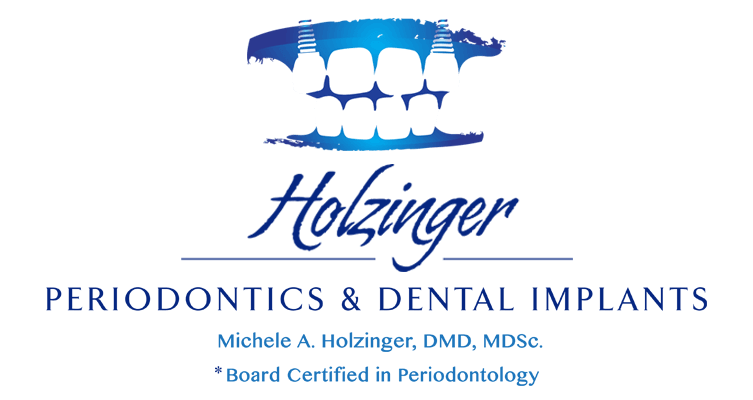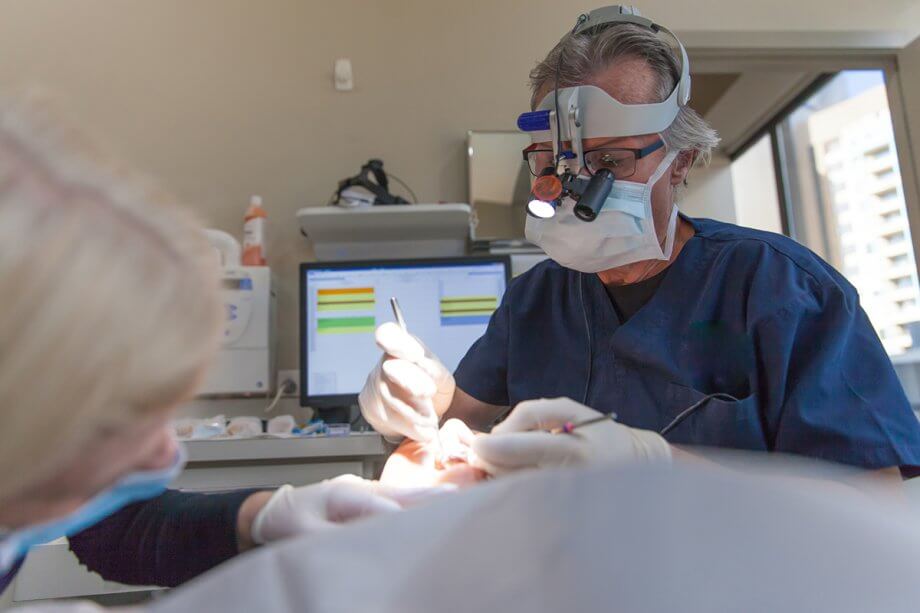The thought of needing a tooth removed can cause some anxiety, and hearing the term "surgical extraction" might add to that concern. However, understanding the process can significantly ease your mind. A surgical extraction is a common procedure performed when a tooth cannot be easily removed with a simple extraction. This might be because the tooth has broken off at the gum line, has not fully erupted, or has complex root structures. At our practice, we prioritize your comfort and ensure you are fully informed about every step. Our goal is to make the experience as smooth and stress-free as possible, providing expert care to protect your long-term oral health.
This article will walk you through what to expect. We will cover the reasons a surgical extraction might be necessary, detail the procedure itself, and provide guidance for a smooth recovery. We believe that a well-informed patient is a comfortable patient, and we are here to provide the clarity you need.
Why a Surgical Extraction May Be Necessary
Several conditions can make a simple extraction impractical or impossible, leading your dentist or periodontist to recommend a surgical approach. One of the most common reasons is an impacted tooth. This occurs when a tooth, often a wisdom tooth, doesn't have enough room to emerge properly from the gums. It can grow in at an angle, remain partially or fully trapped in the jawbone, and potentially cause pain, infection, or damage to adjacent teeth. A surgical extraction is required to access and remove the impacted tooth safely.
Another reason is a severely damaged tooth. If a tooth is extensively decayed or has fractured below the gum line, there may not be enough visible tooth structure for a dentist to grasp with forceps. In these cases, we need to make a small incision in the gum tissue to access and remove the remaining tooth fragments. Similarly, teeth with long, curved, or entangled roots may require a surgical procedure to be removed without causing damage to the surrounding bone and tissue. Our specialists evaluate each situation carefully to determine the most effective and least invasive method for your specific needs.
The Surgical Extraction Procedure
When you come in for a surgical tooth extraction, our first priority is your comfort. The procedure begins with the administration of local anesthesia to completely numb the area around the tooth, ensuring you will not feel any pain during the extraction. Depending on the complexity of the case and your individual needs, we may also offer sedation options to help you relax. Once the area is numb, your periodontist will make a small, precise incision in the gum tissue to expose the underlying tooth and bone.
In some instances, a small amount of bone may need to be removed to provide adequate access to the tooth. If the tooth is large or has a complex root system, it might be sectioned into smaller, more manageable pieces for easier removal. This technique is gentle and minimizes trauma to the surrounding area. After the tooth is completely removed, the site is cleaned and disinfected. The incision is then closed with sutures, which may be dissolvable or may need to be removed at a follow-up appointment. We take every measure to ensure the procedure is performed efficiently and with the utmost care. If a bone graft is indicated, that will be done at this stage before the area is sutured.
Recovery and Aftercare Tips
Proper aftercare is crucial for a quick and comfortable recovery. Following the procedure, some swelling, minor discomfort, and minimal bleeding are normal. We will provide you with specific instructions tailored to your situation. It is essential to bite down gently on a gauze pad for the first hour after surgery to help control bleeding and allow a blood clot to form in the socket. This clot is vital for the healing process, and protecting it is your main priority for the first few days.
To manage discomfort, we may recommend over-the-counter pain relievers or prescribe medication if necessary. Applying a cold compress to the outside of your cheek for 20-minute intervals can also help reduce swelling. For the first 24 hours, you should rest, avoid strenuous activity, and refrain from smoking or drinking through a straw, as these actions can dislodge the blood clot. Stick to a diet of soft foods like yogurt, soup, and smoothies. As you begin to feel better, you can gradually reintroduce more solid foods. Rinsing your mouth gently with a warm saltwater solution after the first 24 hours can help keep the area clean and promote healing.
Your Health and Comfort Are Our Priority
A surgical extraction is a routine procedure designed to resolve significant dental issues and protect your overall oral health. From understanding why the procedure is needed to knowing what to expect during the extraction and recovery, being informed is the best way to approach your treatment with confidence. Our team is dedicated to providing expert care in a welcoming environment, ensuring you are comfortable and well-cared-for from start to finish.
Frequently Asked Questions About Surgical Extractions
Is a surgical tooth extraction painful?
You should not feel any pain during the procedure itself. We use effective local anesthesia to completely numb the extraction site. You may feel some pressure, but not sharpness or pain. For patients with dental anxiety, we also offer sedation options to ensure you are completely relaxed. Post-procedure discomfort is normal and can typically be managed effectively with recommended pain relievers and by following our aftercare instructions.
How long does it take to recover from a surgical extraction?
Initial recovery usually takes a few days, during which you should rest and follow a soft food diet. Most people feel back to normal within a week. However, the socket itself will take several weeks to a few months to heal completely as new bone and gum tissue fill in the space. Following your post-operative instructions carefully is the best way to ensure a smooth and speedy recovery.
At Holzinger Periodontics & Dental Implants, we are committed to providing exceptional, patient-focused care to the communities of Middletown and New Britian, Connecticut. Our team treats every patient with kindness and detailed attention in a comfortable setting. If you have questions about your periodontal health, please contact us to schedule a consultation.

